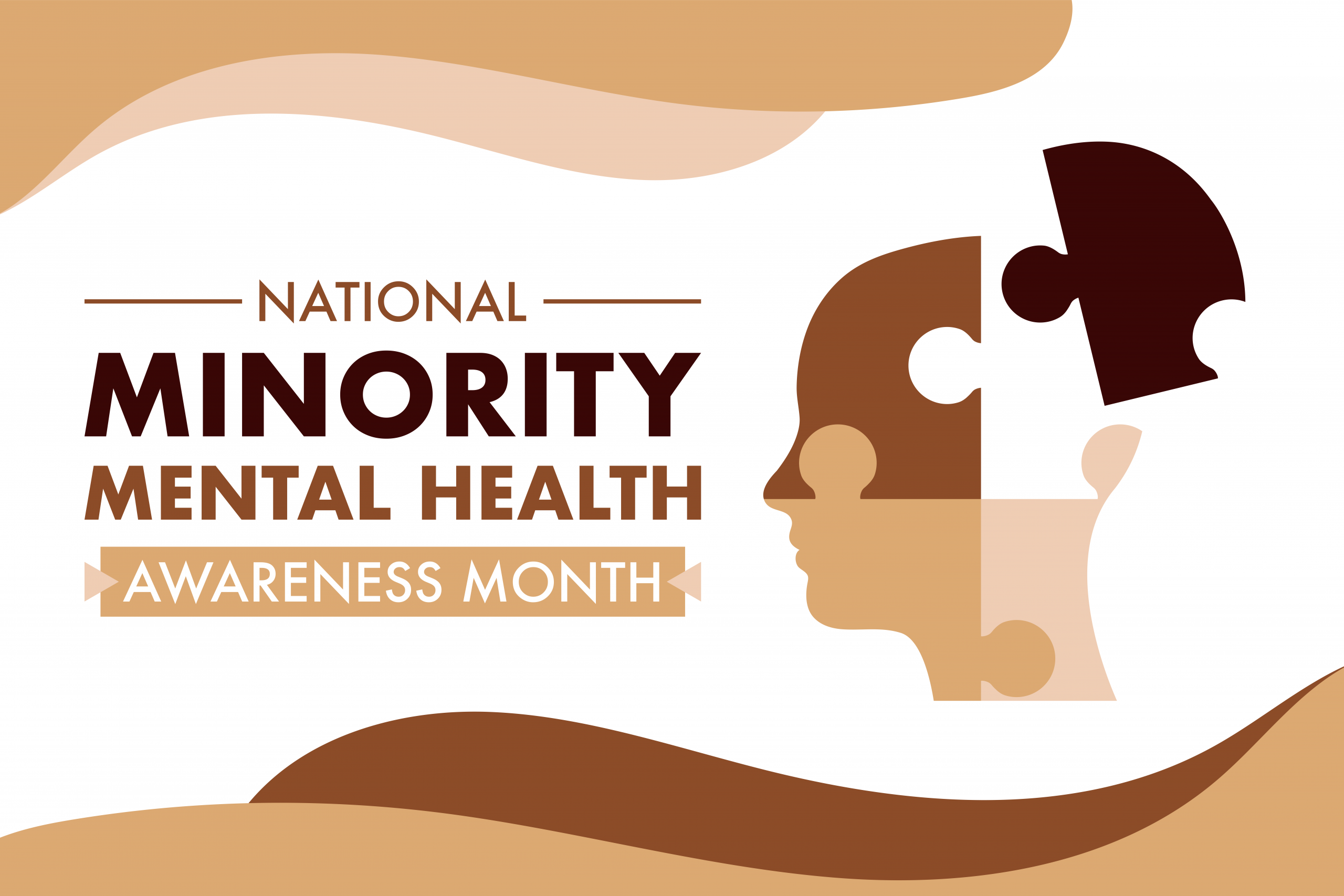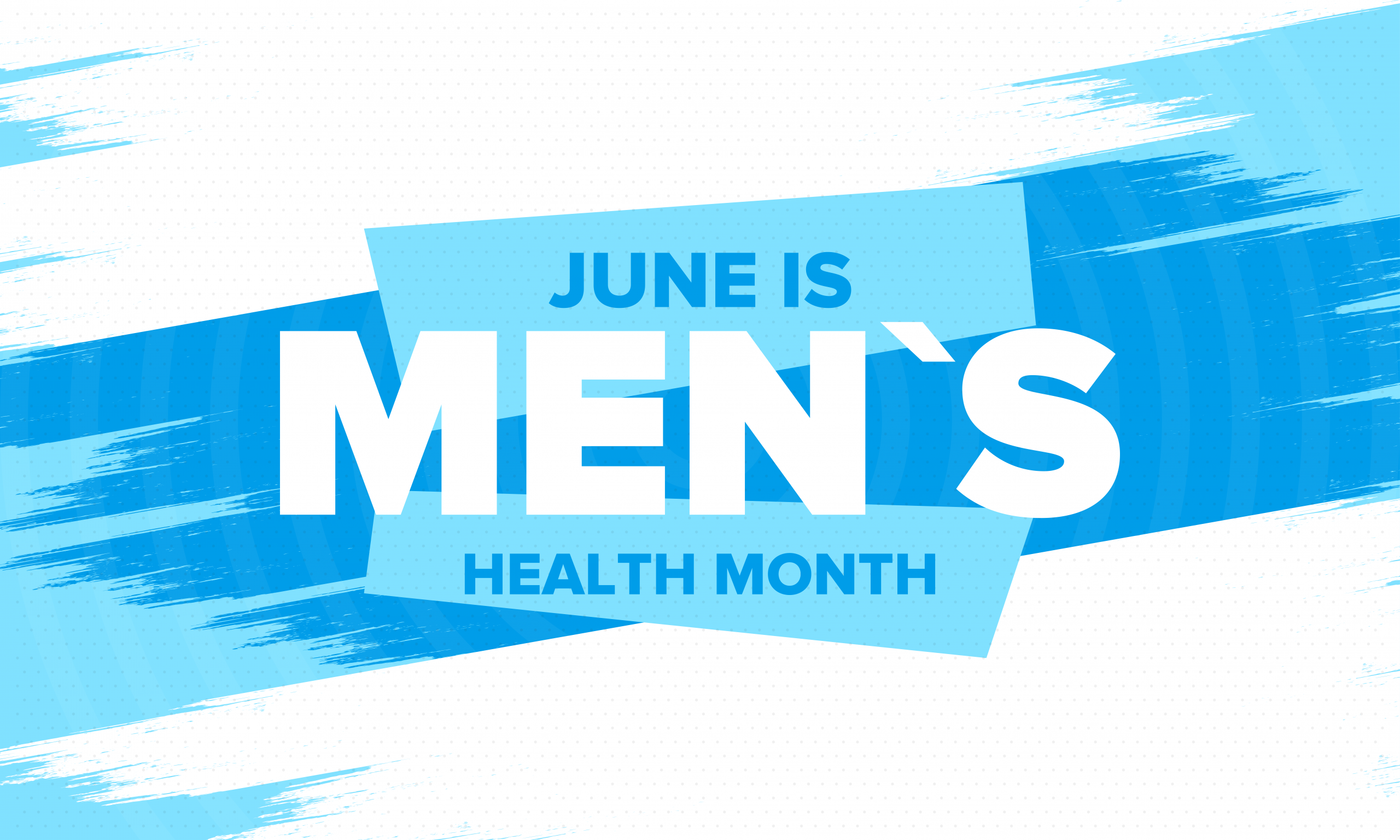

Minority Mental Health Month: The impact of mental health challenges in diverse communities
By: Karen Mancera-Cuevas, DrPH, MS, MPH, CHES Senior Director, Health Equity
Mental health encompasses a variety of indicators at the individual level and can be influenced by place, space, and access to care. Mental health includes our emotions, psychological, and social well-being. Mental health can be supported through effective behavioral health systems, individualized support networks, and even reliance on faith-based systems. With appropriate care and support mental health challenges can be tailored in a culturally congruent way to best suit the needs of various racial/ethnic groups.
Factors such as race-related stress impact those pertaining to racial and ethnic communities. Such indicators can increase the risk of developing serious mental health challenges and exacerbate chronic disease conditions. This is important to consider since 18% of adults living with a mental health condition, 31% identify as African American/Black and 22% identify as Asian, receive mental health services.
Data from the Substance Abuse and Mental Health Services Administration reports that 60% of those surveyed who experienced a major depressive episode were African American/Black. There are also several challenges with access that impact mental health outcomes including lack of insurance, stigma, geography, limited diversity of mental health providers, culturally competent care, language barriers, and historical distrust.
Adequate mental health support is needed to balance the needs of diverse communities and services available through private counseling services, mental health centers, and community-based social service agencies. Additionally, knowledge and access to educational resources can guide conversations with impacted individuals and support networks.
With the tools to foster discussions prioritizing holistic well-being including mental health, we can further not only awareness and reduce stigma but also advocate for increased mental health care services that in many locations in the United States is not available for communities who are most in need.

